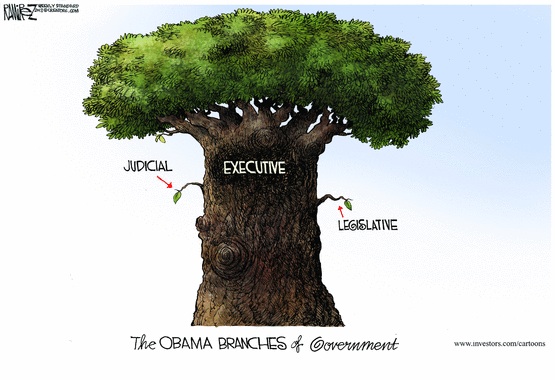It’s fairly common for gun bloggers to be active in politics. I used to be active in politics but I gave it up. My reason for doing so was simple: politics is pointless. It’s the single biggest waste of time and energy in any society. Although I’ve performed no scientific study I theorize that as a nation’s bureaucracy increases, that is to say as the amount of time sunk into politics increase, its productivity decreases.
Every second you sink into politics is a second you sink into accomplishing nothing of value. Last week I pointed out that individuals involved with politics have a tendency to oversimplify complex issues. Productivity can only occur when problems can be solved and problems can only be solved when they are properly understood. Because politics lends itself to oversimplification it’s impossible to properly identify and solve problems. One of the reasons politics may lend itself to oversimplification is because matters quickly become a form of religious dogma within factions. This brings me to another thing I hate about politics: everybody believes they are right and everybody else is wrong.
Here in the Twin Cities we’re having a political debate about expanding the light rail network. Like any good debate this one has supporters and detractors. The supporters claim that light rail brings economic development and empowers the poor while the detractors claim that light rail is a boondoggle that wastes tax victim money. It’s a black and white issue for both sides. Neither side is willing to even consider what the other side is saying.
Supporters of the light rail project will often point to economic studies that conclude light rail expansions lead to economic development. These same people will marginalize studies that conclude light rail expansion simply moves economic development from one location to another and, since light rail systems require resources to build and maintain, leaves less overall resources for said economic development. Detractors wave studies that show how much building and maintaining a light rail system costs, which is almost always more than the supporters claim. These opponents of light rail will also point out the amount of economic damage done to areas where light rail construction leaves current transportation infrastructure unusable for a year or more. If nobody can get to your business then they can’t buy your wares.
Both sides have a tendency to outright ignore the other side’s arguments. There is no debate. Everybody is sure that they’re right. Being arrogant normally isn’t a problem but being arrogant and political is a recipe for disaster. This is because politics is a strategy to coerce your neighbors into doing what you want.
Consider what the supporters are really trying to do. Deciding that they want a new toy, the supporters have gone to the biggest bully on the playground, the government, and asked him to take other children’s lunch money. Detractors, on the other hand, have gone to the biggest bully and asked him to prevent the supporters from ever purchasing another toy.
Neither side is paying much attention to the people who are actually affected by this project. How do the business owners and residents feel about the light rail expansion? Knowing that light rail construction could harm their business for an extended period of time may lead business owners in the area to reject the project. Residents may want a rail system to ease their commute from home to work. But these people aren’t the ones being asked. The project is being argued by people living in different parts of the Twin Cities and Minnesota. It’s no longer about them. In fact, it was never about them. This argument, from the beginning, has been about political dogma. One side believes light rail is amazing and the other believes it’s the great evil of our time.
What’s the point of a debate when both sides already know that they are, for a fact, right? Political debates are seldom debates, they’re just two sides screaming “I’m right, you’re wrong!” at each other. Facts are quickly tossed aside in favor of talking points. Supporters are quick to claim that detractors hate the poor while detractors are quick to claim that supporters want to make everybody poor.
I see no point in wasting my time arguing with brick walls, which is what politics is. Instead of wasting my time with futile arguments I prefer to use my time actually doing things.
